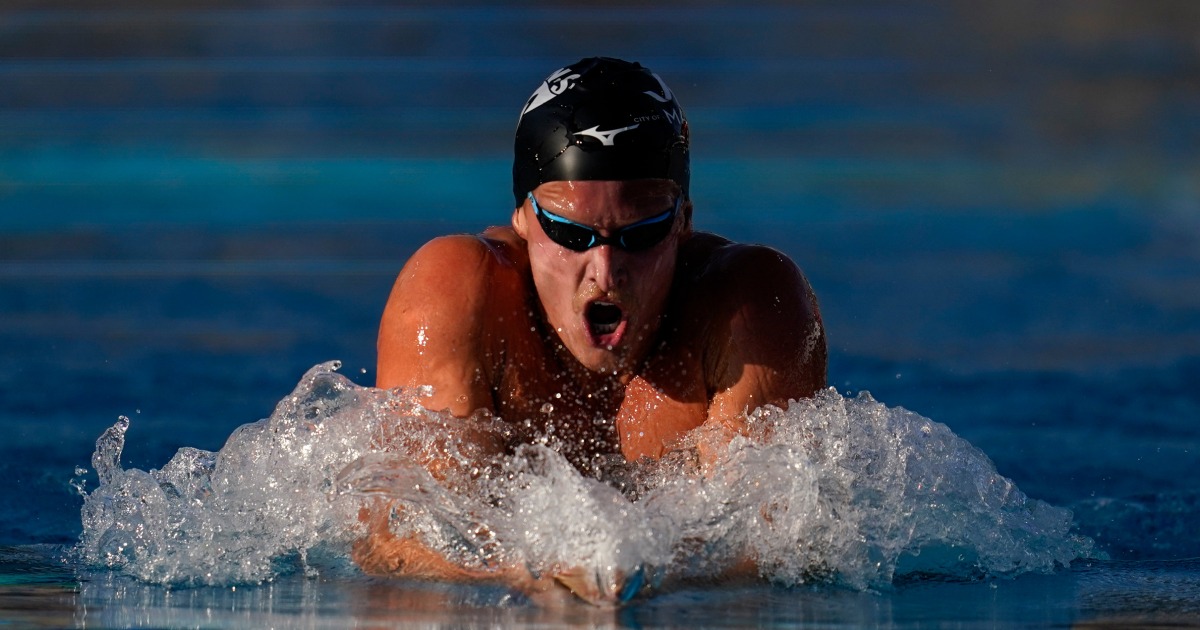Landmark $2.8 Billion Settlement Transforms College Sports Landscape
A federal judge's approval of a $2.8 billion settlement allows colleges to directly compensate athletes, marking a historic shift in college sports.
Subscribe to unlock this story
We really don't like cutting you off, but you've reached your monthly limit. At just $5/month, subscriptions are how we keep this project going. Start your free 7-day trial today!
Get StartedHave an account? Sign in
Overview
- A federal judge has approved a $2.8 billion settlement, allowing US colleges to directly compensate athletes through licensing deals.
- This ruling shifts oversight from the NCAA to four major conferences, fundamentally changing the college sports landscape.
- Colleges can now pay athletes millions, with up to $20.5 million available for distribution in the first year.
- The settlement addresses long-standing antitrust issues regarding the NCAA's amateurism rules and compensation restrictions.
- Judge Claudia Wilken's decision marks a significant milestone in recognizing the financial contributions of college athletes to their institutions.
Report issue

Read both sides in 5 minutes each day
Analysis
Emphasizes a landmark settlement allowing colleges to directly compensate athletes, transforming college sports.
Articles (7)
Center (6)
FAQ
The settlement allows colleges to compensate athletes directly, with each school able to distribute up to $20.5 million in the first year. Over the next decade, $2.7 billion will be paid to thousands of former players who were previously barred from revenue sharing.
History
- 5M

 4 articles
4 articles





